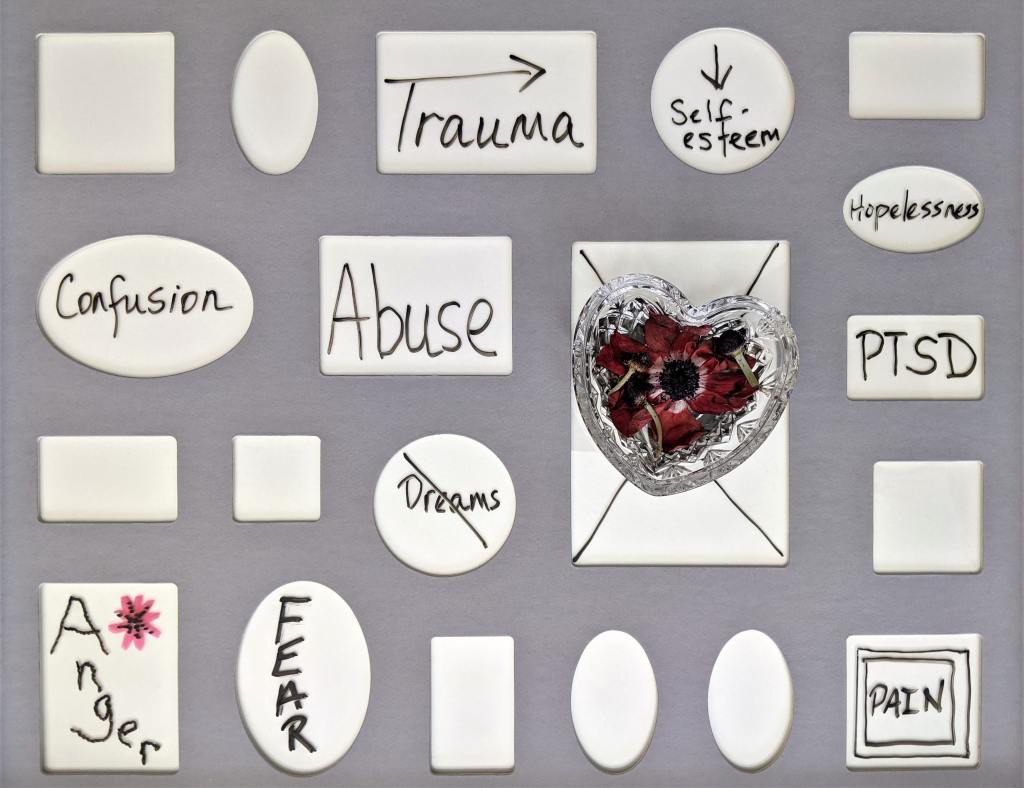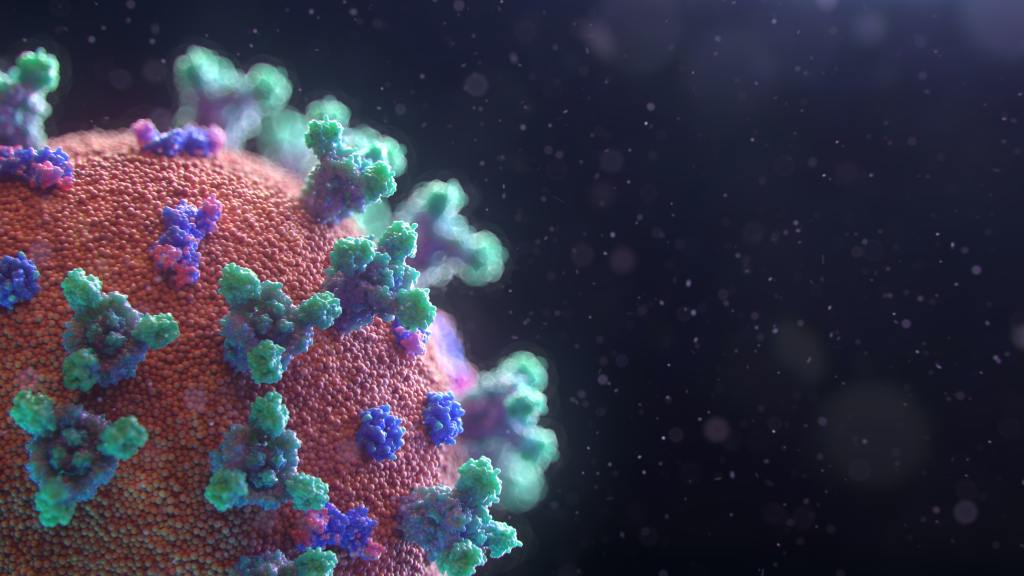
I was worried he would die before the day was over. When I first met him he was hunched over in bed, his jaw clenched tight, his upper teeth were grinding into his lower teeth. His breaths short ragged grasps. In extremis, with tears dripping onto the tousled folds of the bedclothes. His family’s faces replaced by masks of terror. The tension in the room was thick, the silence as we all held our breath as the patient grunted in agony. His wet eyes begged me to help him.
“Your pain relief isn’t strong enough. I’ll make some changes to get you more comfortable. I’m very worried about you. You might get much worse. Let’s work on your pain first.”
I headed off to prescribe the higher doses and to ask the nurses to prepare them for our patient. He was another classic haematology patient. His discharge summary had recounted the breaking of bad news the day before. There were no further treatments available to stop the blood cancer. The team recommended no further transfusions as they would not be helpful. The next morning the standard blood tests had been repeated, and no surprise, all the blood counts were low, including a platelet count below 10. This meant the patient was at risk of spontaneous bleeds. The medical teams reaction, was to prescribe a platelet transfusion. The hospice doctors who read the notes were confused by this action. How did the patient and his family feel? The day before they had been told no further transfusions, and then less than 24 hours later, he was being transfused.
Over the weekend we managed to control his pain and he spent some time with his family. The highlight was a visit from his children before they went away for a long weekend trip. I was surprised that his weekend went well. He spent more time with his parents and siblings and other family. He asked our staff what was going on, as he was unsure what the treatment plan was.
Continue reading








